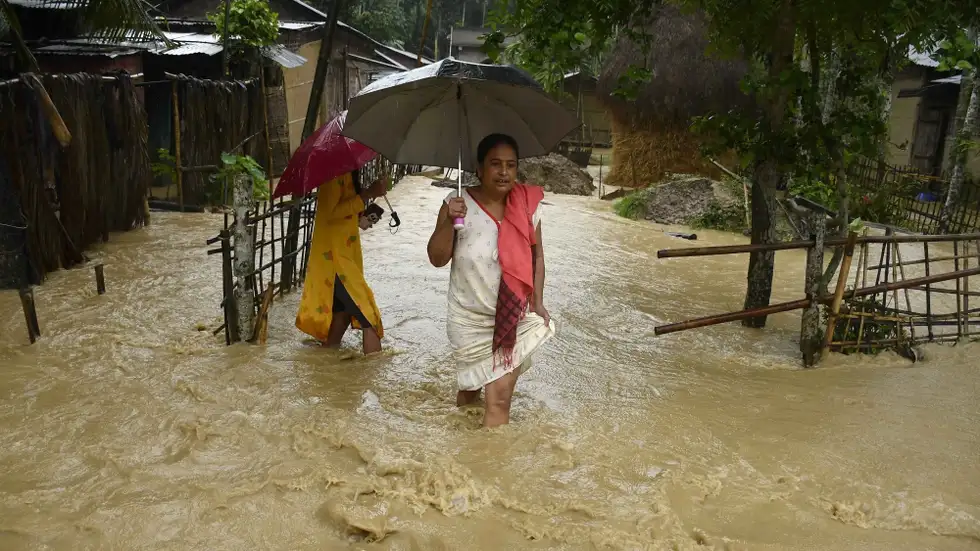Saurabh Gupta, Founder Earth5R, About The Current State Of Climate Action
In our increasingly interconnected world, the issue of climate change has grown into a global concern that impacts us all. However, it is often discussed in a polarized manner, with one side skeptical of the impending threats, and the other advocating for urgent, radical changes. This dichotomy has led to a cycle of debate where each side becomes more entrenched in their beliefs, leading to stagnation instead of progress.
Yet, it is critical to understand that climate change is not a simple either/or problem. It demands a nuanced understanding, incorporating multiple perspectives and a commitment from each of us to be part of the solution. The following discusses this predicament, urging us to transcend polarization, embrace the complexity, and take a constructive, realistic approach in tackling climate change.
One side is strongly skeptical about climate change, insisting that the current environmental changes are just part of a natural cycle that we have no control over. They argue that there is insufficient scientific evidence to support claims about the dire consequences predicted to occur several steps later. They question, “Why should we disrupt our economies and lifestyles for something that might happen, but hasn’t really occurred yet?”
Meanwhile, the other side is filled with climate activists who consistently emphasize the imminent danger and catastrophe that awaits us if we do not act urgently. They warn of the potential devastation, emphasizing how this could lead to disastrous weather phenomena, loss of biodiversity, and even the extinction of humanity itself if we continue down this path.
The skeptical side believes that the activists are neglecting the immediate needs of the economy and jobs, acting as if those who question climate change don’t care about the planet. The activists, on the other hand, believe the skeptics are ignoring the warnings, acting as if those who want to protect the economy don’t care about our shared future.
This is a common structure in complex issues where people struggle to hold contradictory parts of the problem within themselves. The skeptics project the economic concerns onto the activists, who in turn become the proponents of that side of the argument. Simultaneously, the activists project the environmental concerns onto the skeptics, who then become the spokespersons for that perspective.
The problem with such polarized conversations, whether it’s between two individuals or larger groups, is that every denial or refutation from one side tends to reinforce the other side’s stance, making compromise even more difficult. For example, when skeptics argue against climate change, it only makes the activists more steadfast in their protests, and vice versa. This creates a feedback loop where each side becomes more entrenched in their position, further driving the divide.
It’s essential, however, to transcend this polarization and take a more constructive, realistic approach towards climate change. We must acknowledge the complex, multifaceted nature of this issue and understand that there’s no simple ‘either/or’ solution.
The discourse needs to change from being combative to being collaborative. The skeptics’ concerns about economic disruption aren’t unwarranted and should be addressed. We need to explore sustainable economic models that don’t sacrifice our planet’s health for profit.
On the other hand, the dire warnings from the climate activists should not be ignored. We must heed the science and take proactive steps to mitigate climate change, even if the full effects are not immediately evident.
We all must come to a critical realization – we are part of the problem, and thus, we must also be part of the solution. This involves each of us doing our part, small or big, in the fight against climate change.
For example, we can make changes in our lifestyles, such as reducing waste, recycling more, using energy-efficient appliances, and adopting renewable energy. Businesses can strive to minimize their carbon footprint and governments can enact policies promoting clean energy and sustainable practices.
In the end, we need to break away from the cycle of polarization and understand that both sides want the same thing – a sustainable future. By embracing the complexity of the issue and working together to address both environmental and economic concerns, we can chart a more constructive path forward.



